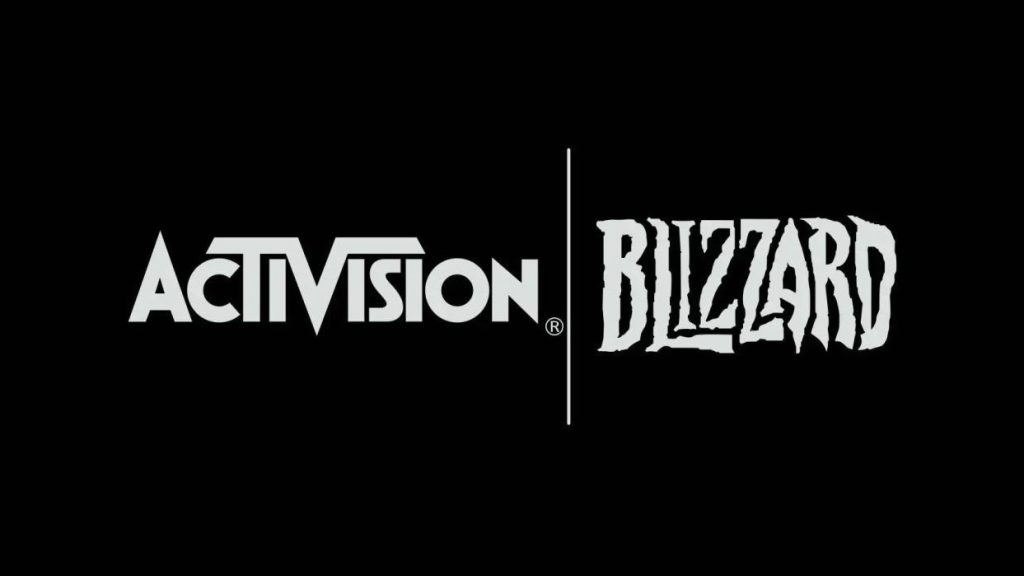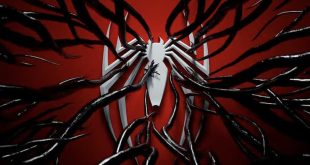Activision Blizzard held its quarterly earnings call last night, sharing new stats on how the business and its current games are doing. It looks like recent controversies have finally caught up to the publisher, leading to a huge drop in active players, particularly for Call of Duty.
For Q1, Activision Blizzard earned revenue of $1.77 billion, compared to $2.28 billion during the same period last year. Net bookings, meanwhile, amounted to $1.48 billion, down from $2.07 billion last year. In-game net bookings came in at $1.01 billion, a decrease from $1.34 billion.
The biggest hit, however, comes in the form of active player numbers. The publisher's overall monthly active users fell from 435 million in Q1 2021, to 372 million in Q1 2022, losing roughly 63 million active players over the course of the past year. This includes 50 million players ditching the Call of Duty franchise, in part due to unpopular Warzone updates, as well as low sales for Call of Duty: Vanguard.
With such drops in revenue, sales and player numbers for the publisher's biggest franchise, investors are all the more likely to vote in favour of the sale to Microsoft. Currently, the proposed acquisition is going through regulatory checks and the deal has a 30th of June 2023 deadline to complete.
Discuss on our Facebook page, HERE.
KitGuru Says: Across the board, Activision Blizzard still has hundreds of millions of active monthly users, but these dips are still very significant. The question is, can things bounce back with upcoming projects from Blizzard, as well as Infinity Ward's sequel to Modern Warfare 2019?
 KitGuru KitGuru.net – Tech News | Hardware News | Hardware Reviews | IOS | Mobile | Gaming | Graphics Cards
KitGuru KitGuru.net – Tech News | Hardware News | Hardware Reviews | IOS | Mobile | Gaming | Graphics Cards



